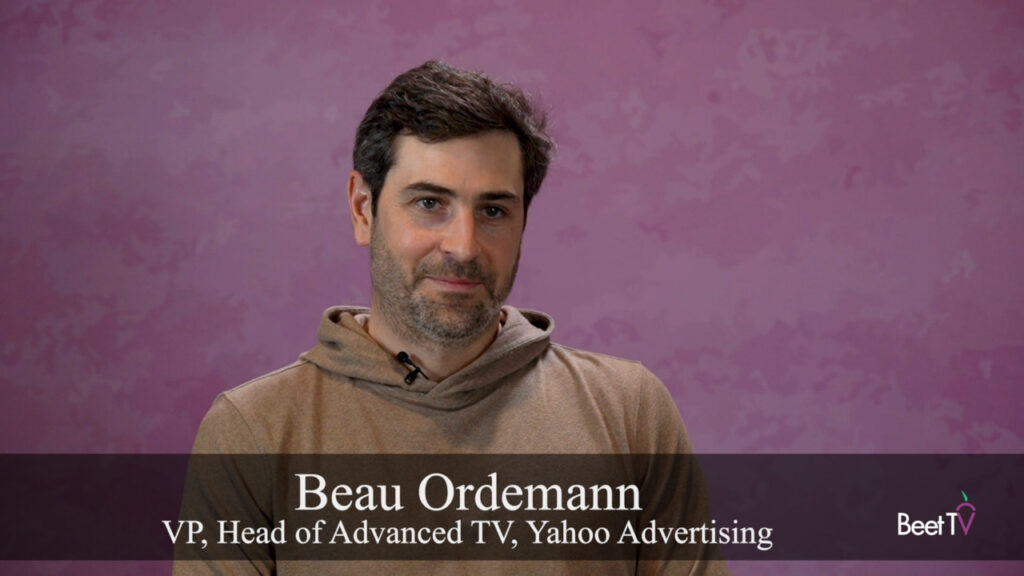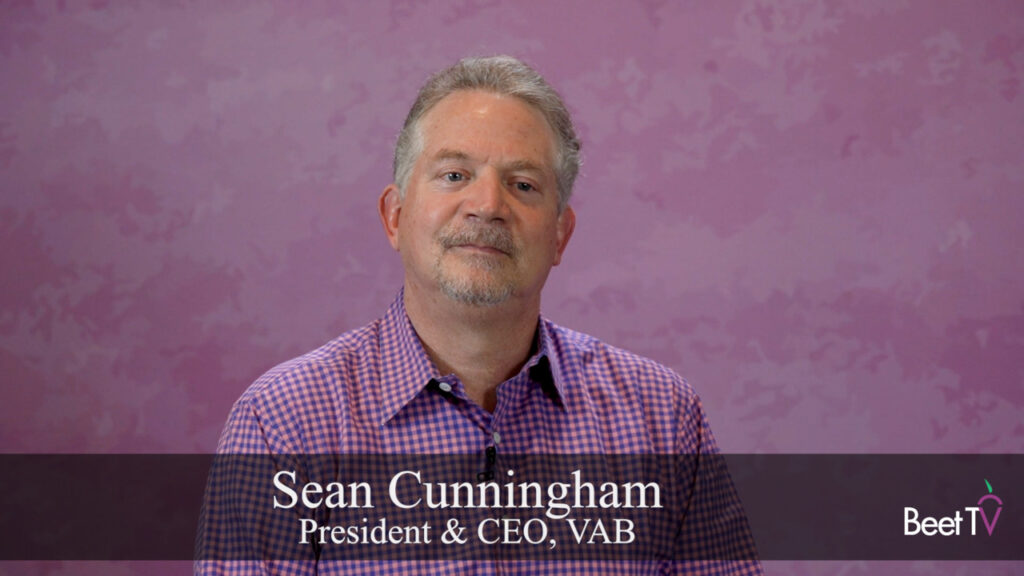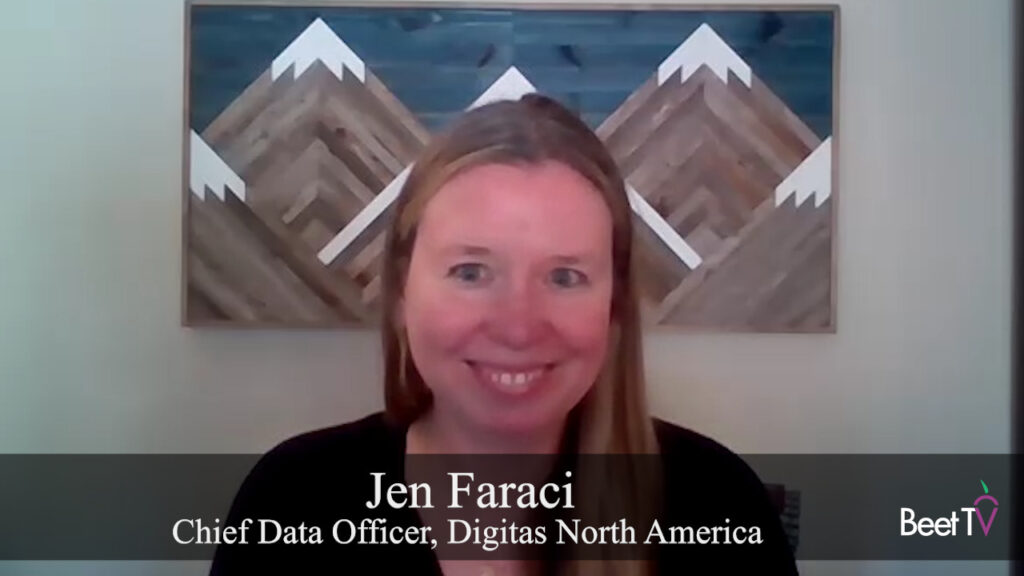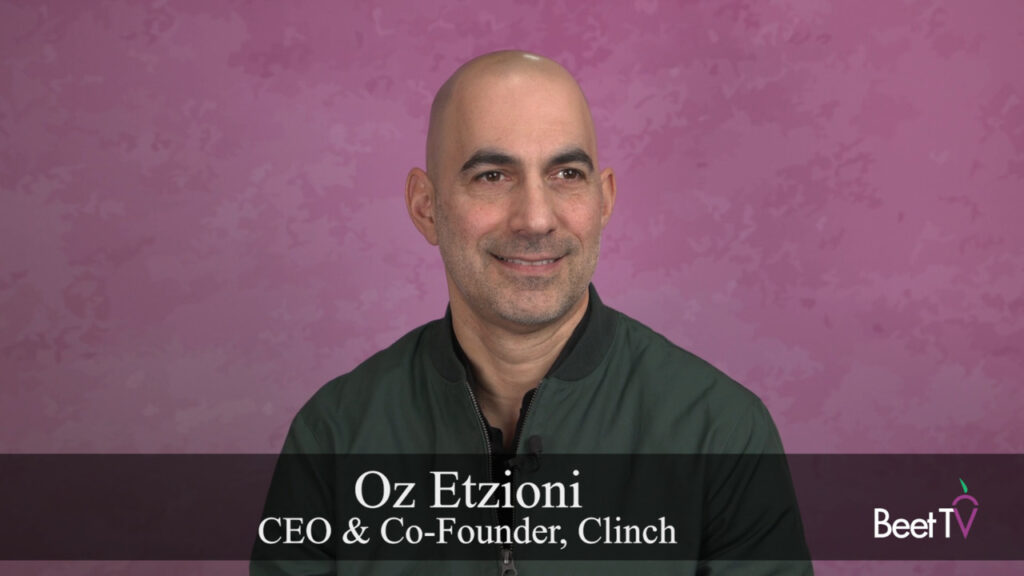The Beet was curious to know about the future of the Internet. A big part of its continued growth is how this whole global network will be administered. And that’s becoming quite a debate these days. So we went straight to the source and asked Esther Dyson.
Esther Dyson has played a central role in this as a former chairman of ICANN, Internet Corporation for Assigned Names and Numbers, a non-profit California company that administers the management of the Internet on behalf of United Stated Commerce Department.
There’s been quite a controversy brewing over the control of the management of the Internet, with many nations clamoring for United Nations control, much in the way the U.N. sets policy for international phone service. Up until now, the United States, via ICANN, has retained sole control over domain names, a power that has important political implications, and threatens to turn the World Wide Web into a world wide conflict. From Rana Foroohar’s article, “The Internet Splits Up,” in the most recent issue of Newsweek International,
“Instead of a borderless, well-functioning, economically efficient communications network, the Internet is poised to become a quagmire of special interests, competing political agendas and international bureaucracy.”
When we caught up with Esther the other day in Manhattan, we asked for her thoughts on this controversy and she firmly believes that the Internet should remain under U.S. control. Currently, she says, ICANN is illegitimate, which keeps it from amassing too much power. Similarly, you need something that stops people from exercising too much power over the Internet and ICANN performs that role in Esther’s opinion. As long as ICANN is illegitimate, it can’t do much, and is ‘safe’.
It doesn’t seem as though other countries agree, however; the Newsweek article makes it seem that other countries think ICANN already has too much power, and that the concern is regulating ICANN, and not the other way around.
One thing is for sure – it’s clear why this is an extremely important debate. The Beet didn’t realize the massive political and economic implications of the web. Right now the United States has most of the control over the Internet (the Internet was originally a US Dept. of Defense creation), but already countries are using the Internet as a tool to protest actions of other countries, limit information their citizens have access to, and even as a form of coercion – countries have threatened to create a second World Wide Web and then control the content of that Internet. Talk about a propaganda machine. From Newsweek:
“it’s completely possible that aggrieved governments, say, could set up new versions of ibm.com or whitehouse.gov. Once that happens, Internet traffic could be misrouted, and people could end up on false or misleading Web sites without even realizing it.”
It’s a little scary to think what it would mean if something we had all come to rely on so fully was usurped by players in a giant global strategy game of chess, and The Beet would be willing to bet that most of the average Internet surfers have no idea the future of the web as we know it is at stake.



























